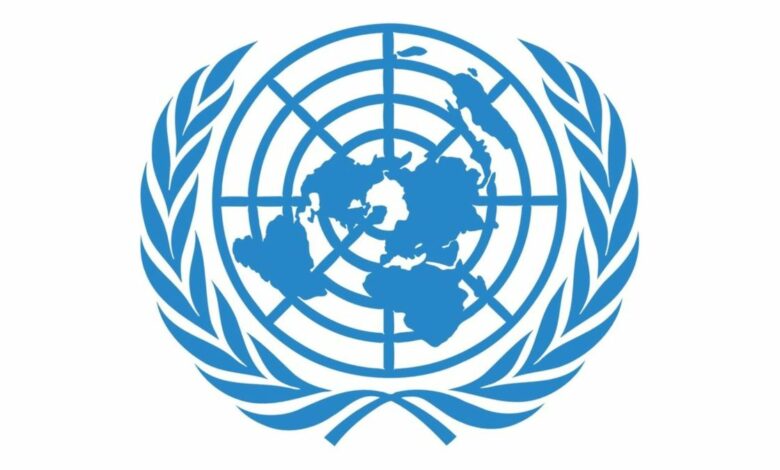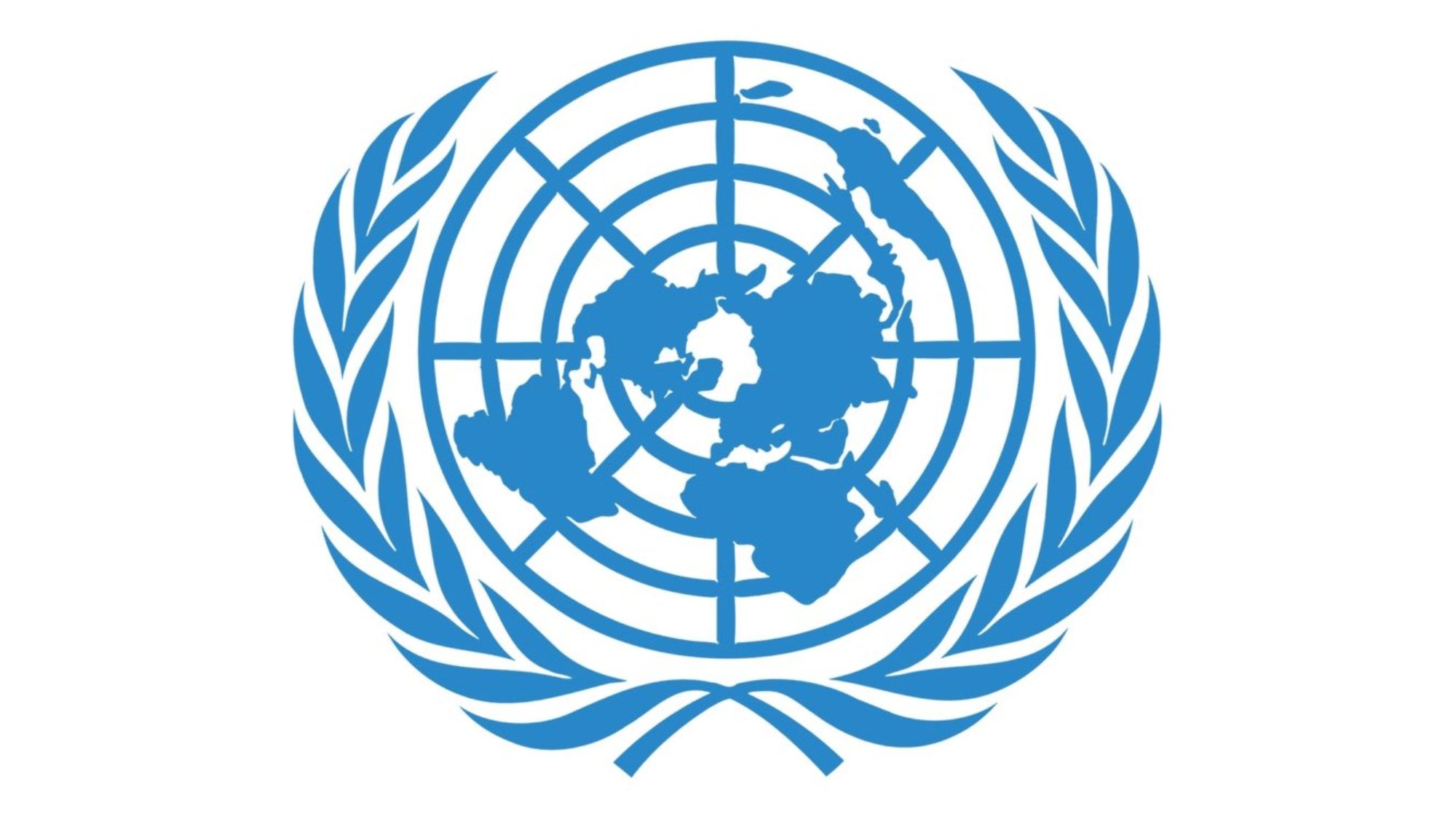UN cybercrime treaty inadequate, says Human Rights Watch


The UN convention against cybercrime, which was recently adopted unanimously, has been criticised by both technology companies and human rights organisations.
One of the critics was Cisco, who claimed that the measure was not sufficient to “adequately protect fundamental human rights.”
The campaign group Human Rights Watch has also criticized the launch, warning that the treaty expands government surveillance in a thinly veiled attempt to clamp down on dissent.
Not far enough
Rather than focusing on crimes such as ransomware or hacking, which are committed against computer systems, the treaty focused on crimes involving the use of digital communications systems (such as ‘defamation’ on social media).
This would facilitate national repression, said Tirana Hassan, executive director of Human Rights Watch, who claimed it would “fuel the rewriting of criminal laws around the world to create new expansive police powers,” and it would brand it as an “unprecedented multilateral instrument for cross-border law enforcement surveillance without adequate human rights safeguards.”
The current bill refers to domestic law to establish human rights safeguards, meaning that citizens do not benefit from international human rights standards but are instead at the mercy of their national government. This means that in countries where people are most at risk of human rights violations, the potentially repressive governments set the precedents.
Both China and Russia have championed the treaty, and its broad scope allows for the prosecution of anyone who commits a crime using information and communications technology systems, meaning that any repressive laws passed by an authoritarian government can be used to restrict online expression. This means, for example, that any country that has criminalized same-sex relationships can prosecute anyone who fights for same-sex rights online.
Cisco also stated in its own complaint: warned The treaty should be amended to bring it more into line with the Budapest Treaty, which provides better protection and reflects “carefully negotiated” balances between competing interests.




